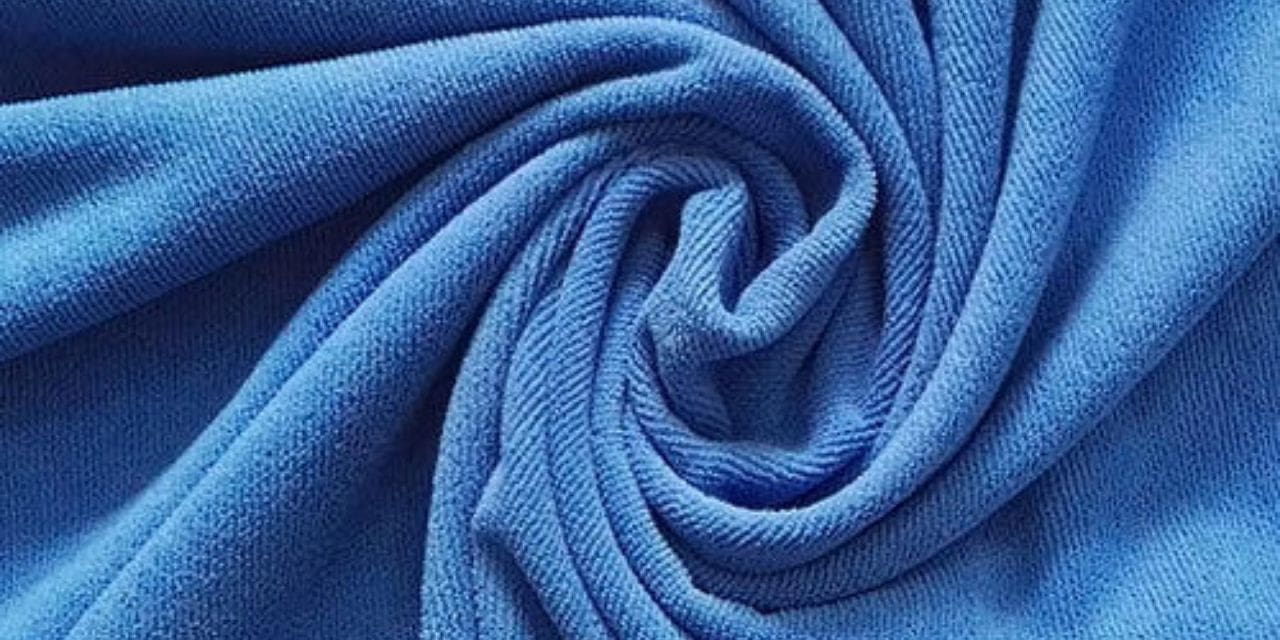Microfibers used in the textile industry have ultra-thin strands that are high in strength. They are used in the textile industry in cleansing and shining applications. Microfiber is a fiber with less than one denier per filament (denier is a measure of linear density, and it is generally used to describe the size of a filament). Microfibers can be made of polyester, nylon, or any other polymer.
They are ultrathin and are considered hundred times finer than human hair. Many microfibers are woven together to form a single strand, and these strands are woven into textiles. Standard combination of microfiber used in textile industry contains 70% to 90% polyester and 10% to 30% polyamide. Microfibers are generally used in cleaning purposes because of their high absorbing properties. They last longer than cotton and can be washed a thousand times before losing their effectiveness. They can remove large quantities of microbes, including hard to kill spores.
Rise in demand for cleaning services, both from the commercial and residential sectors, drive the global microfiber textiles market. With the expansion of service sectors, demand for commercial cleaning services such as window cleaning, floor cleaning, and other services such as kit cleaning is on the rise. This is anticipated to provide better opportunities for the expansion of microfiber textile market. Demand from residential cleaning services such as maid services and carpet & upholstery and other services such as polishing, vehicle cleaning, and appliance cleaning is also expected to fuel the expansion of microfiber textile market in the coming years. Cleaning services that employ microfibers are gaining popularity owing to factors such as rise in construction activities, increased disposable income, etc.
In terms of polymer, the microfiber textile market can be segmented into polyester, nylon, and other polymers. In terms of product, the microfiber textile market can be classified into mono-component and multi-component microfibers. Based on application, the microfiber textile market can be categorized into household, commercial, industrial, and automobile (car care products). Commercial cleaning applications such as window cleaning, floor cleaning, and other services such as kit cleaning are the major applications of microfiber textile market.
The global microfiber textiles market expanded at a modest pace in 2017, and the trend is estimated to continue during the forecast period. North America is a major region of the microfiber textile market. Technological advancements in the region and rise in demand from commercial cleaning services are key factors driving the market in the region. In Europe, market penetration by cleaning contractors over the past few years has been on the rise. The microfiber textile market in the region is anticipated to offer attractive opportunities during the forecast period. Asia Pacific, which includes China, a major consumer of microfiber textiles, is expected to offer lucrative opportunities to the microfiber textiles market owing to the increase in population, urbanization, and rise in disposable income. Emerging economies in Latin America such as Brazil are likely to have significant influence in the microfiber textile market. Middle East & Africa is also expected to offer significant opportunities to the microfiber technology market due to rise in construction activities.
Key players operating in the global microfiber textile market include Toray Industries, Kuraray Co., Ltd, Asahi Kasei Corporation, TEIJIN LIMITED, 3M, Eastman Chemical Company, Sanfang Chemical Industry Co., Ltd , Hexin, and Norwex Microfiber.
Source: https://www.transparencymarketresearch.com/microfiber-textile-market.html

